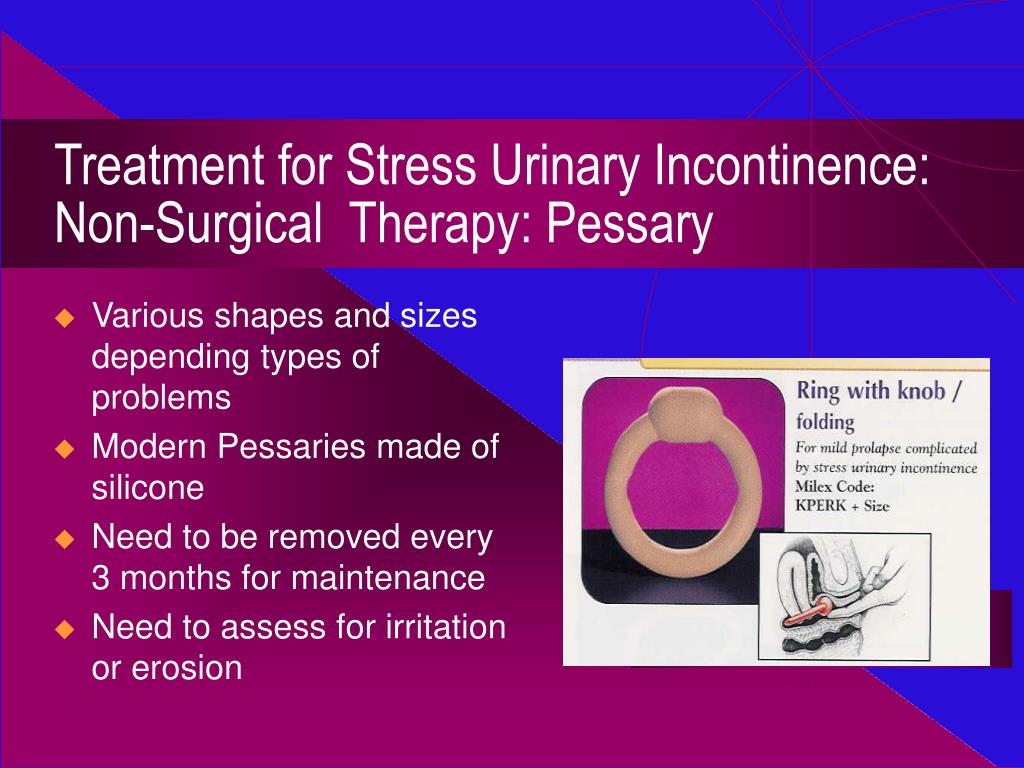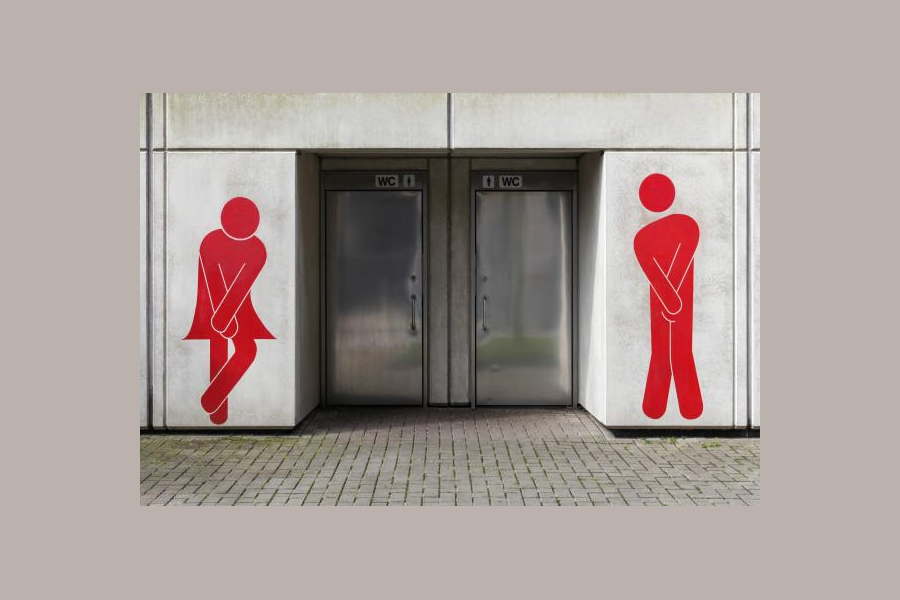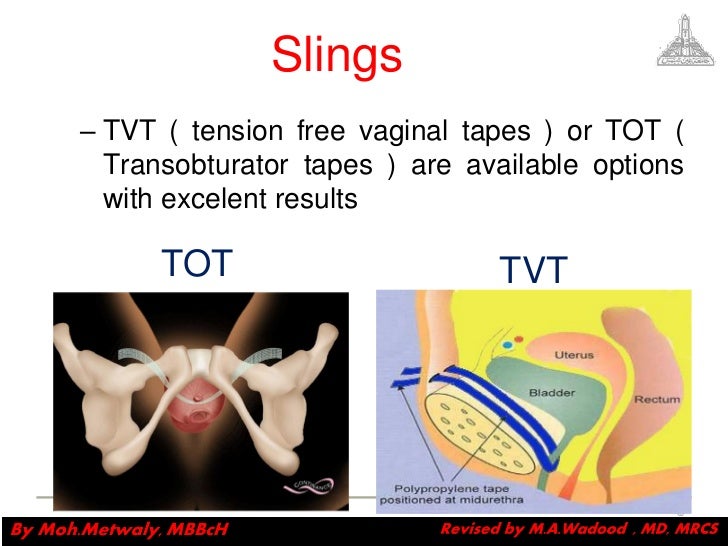Smart Info About How To Cure Incontinence

If urinary incontinence affects your daily activities, don't hesitate to see your doctor.
How to cure incontinence. Irritation, medications, constipation and restricted mobility can cause it. Behavioral techniques lifestyle changes can improve in urinary incontinence symptoms in some people. Though it occurs more often as people get older, urinary incontinence isn't an inevitable consequence of aging.
Pelvic floor exercises and other therapies like botox and nerve stimulation can help. Brief neurological exam to see how the pelvic nerves work. A combination of treatments may be needed.
Urgency, stress, functional and overflow incontinence. A gp may suggest you make simple changes to your lifestyle to improve your symptoms, regardless of. You may leak urine before you get to the bathroom.
The health care team may recommend reducing or avoiding alcohol, caffeine or acidic foods that stimulate the bladder. The goal is to lengthen the time between toilet trips until you're urinating every two to four hours. Treatments for incontinence that you can try on your own lifestyle changes.
Do daily pelvic floor exercises. Bladder training this involves learning to delay urination every time you get the urge to go. Treatment for urinary incontinence depends on the type of incontinence, its severity and the underlying cause.
Your pelvic floor muscles surround the bladder and urethra (the tube that carries urine. Pelvic floor exercises can be effective at reducing leaks, but it's important to do them properly. Clench these muscles like you’re attempting to squeeze something.
An overactive bladder causes urge incontinence. An artificial sphincter, or valve, may be inserted to control the flow of urine from the. Stress incontinence causes urine to leak uncontrollably when you cough, laugh, sneeze or are physically active.
Train your bladder. You feel a sudden, urgent need to urinate, followed by accidental leakage. First, there are steps you can take to either avoid using incontinence underwear entirely or lessen the time you’ll need them.
If it weakens, you may experience urine leakage when coughing, laughing, or sneezing,. When you do it a lot, the muscles in your bladder can get more irritated. Instead of going when you feel the urge to pee, moving towards a more regular urination schedule may be helpful for people with urge incontinence.
Behavioral therapies, medications, nerve stimulation and surgery are some of the treatments available for managing urinary incontinence. Knowing the type of incontinence is often an important part of the diagnosis and treatment plan for incontinence. If your urinary incontinence is caused by another condition, such as constipation or a uti, treating that condition may help your urinary incontinence as well.








![[DOC] Incontinence Cure Incontinence Cure The General Causes Of Urinary](https://image.slidesharecdn.com/doc-incontinence-cure-incontinence-cure-the-general-causes-of-urinary-incontinence-and-everything-ab-201021092411/95/doc-incontinence-cure-incontinence-cure-the-general-causes-of-urinary-incontinence-and-everything-about-bladder-control-for-android-6-1024.jpg?cb=1603272280)
![[DOC] Incontinence Cure Incontinence Cure The General Causes Of Urinary](https://image.slidesharecdn.com/doc-incontinence-cure-incontinence-cure-the-general-causes-of-urinary-incontinence-and-everything-ab-201021092411/95/doc-incontinence-cure-incontinence-cure-the-general-causes-of-urinary-incontinence-and-everything-about-bladder-control-for-android-7-638.jpg?cb=1603272280)








